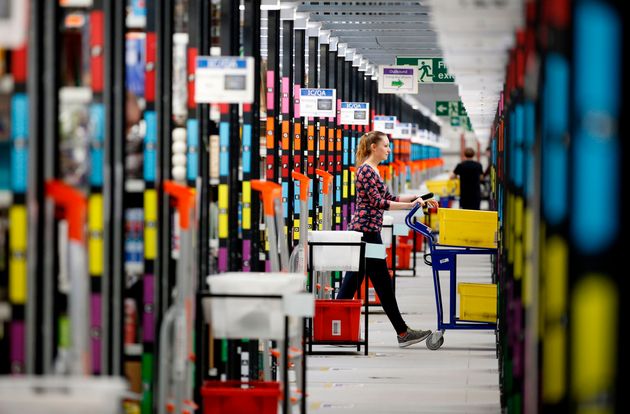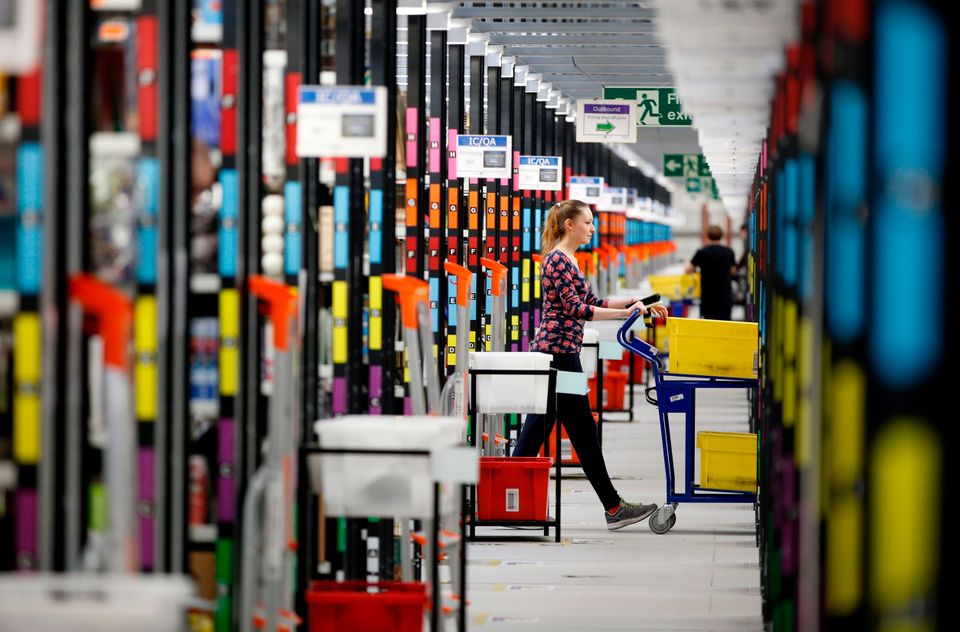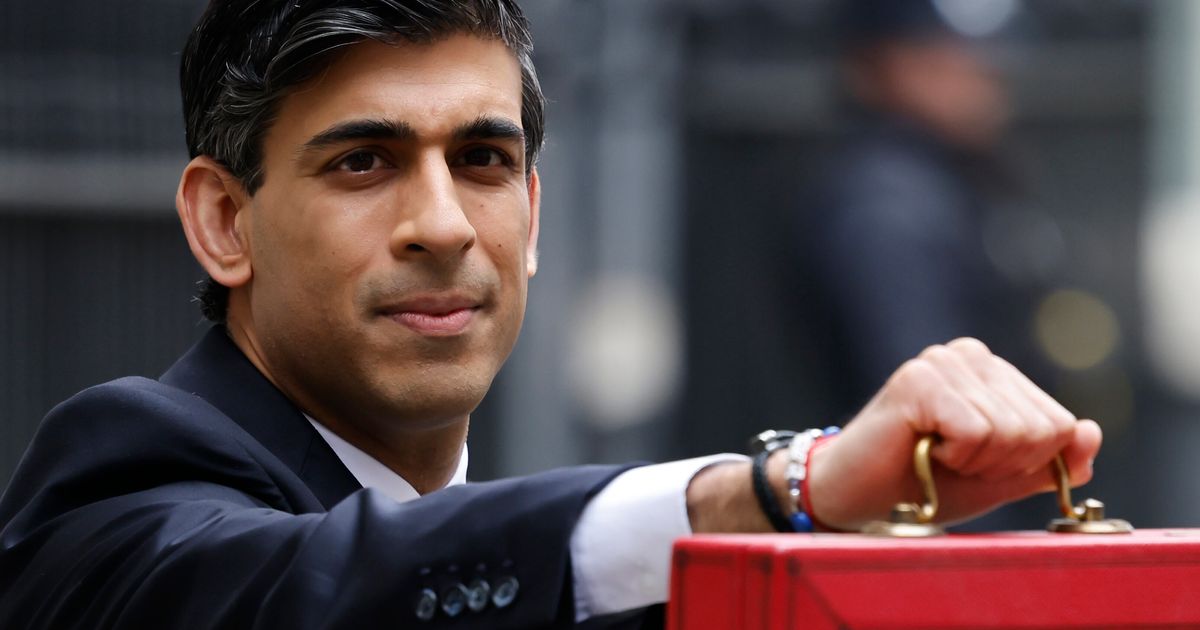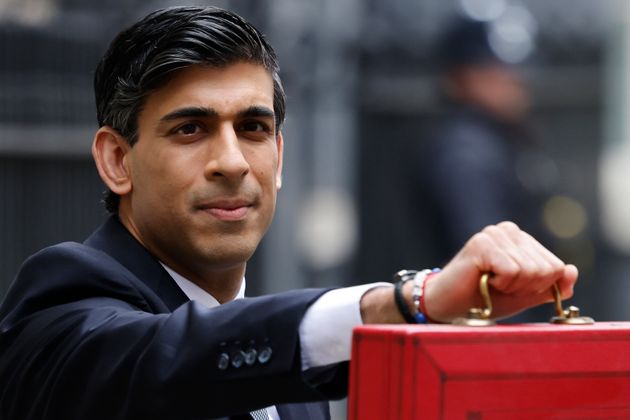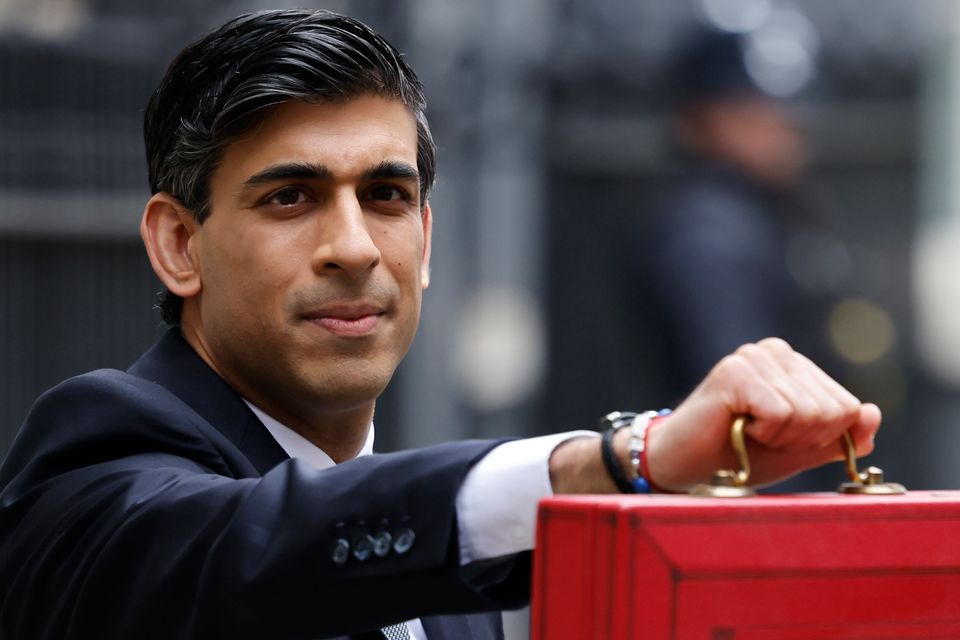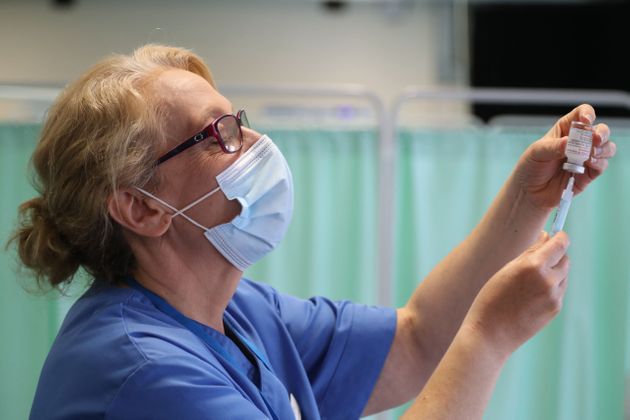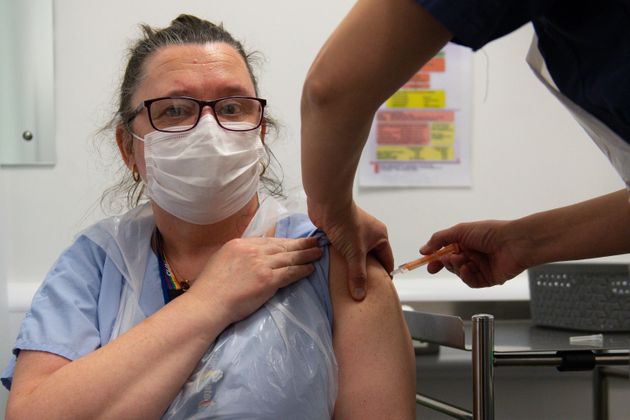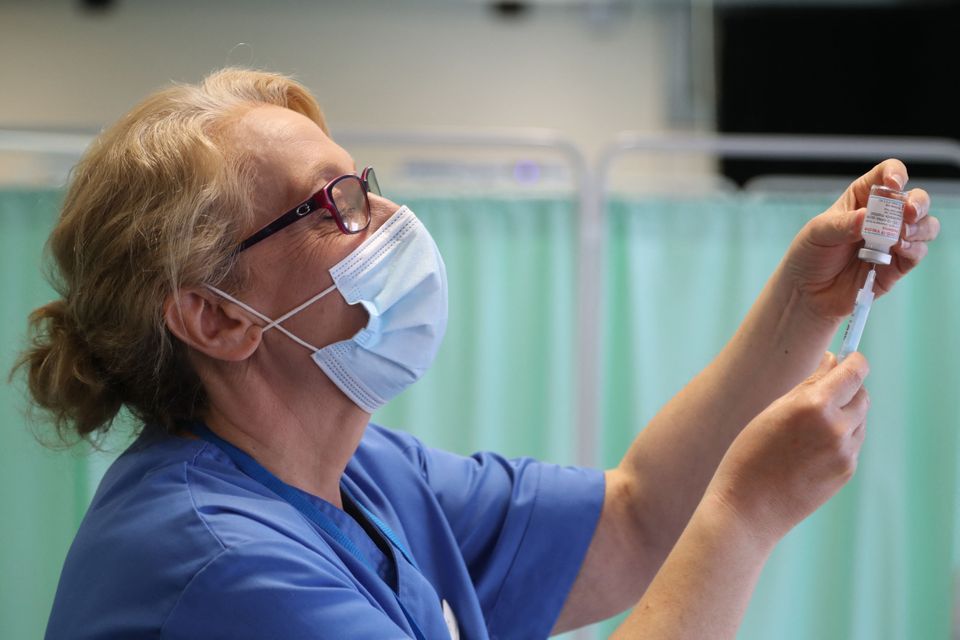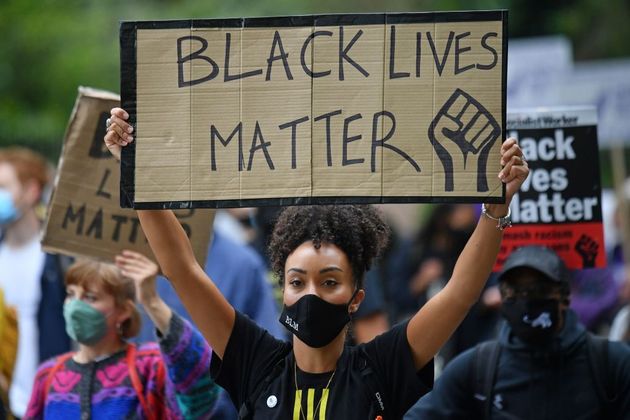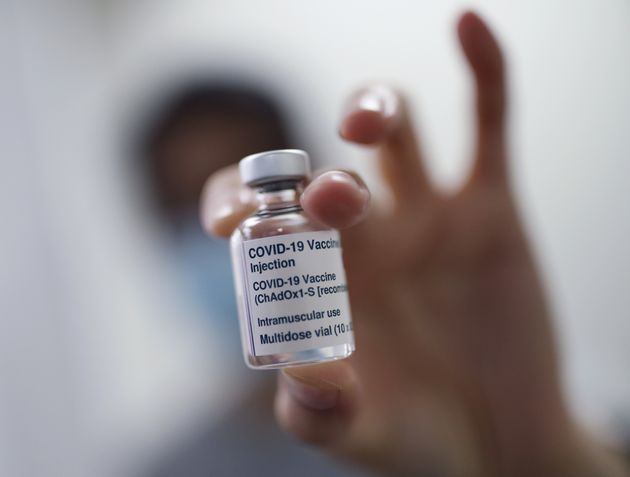Amazon and other multinational companies that shift profits to “avoid tax” in the UK should not benefit from Rishi Sunak’s post-Covid super deduction, MPs have said.
Senior Labour MP Dame Margaret Hodge is leading cross-party moves to ensure multinationals that shift profits to lower tax countries do not benefit from the taxpayer subsidy, designed to boost investment as the UK recovers from the coronavirus pandemic.
The super deduction announced by the chancellor in March’s Budget would allow companies to reduce their tax bills by up to 25p for every £1 they invest in plant and machinery, according to the Treasury.
Sunak hopes the 130% super deduction will boost business investment by £20bn a year and contribute to the UK’s economic recovery.
But analysis by campaigners TaxWatch suggests the likes of Amazon could use the super deduction to “entirely wipe out” their UK tax bill, which is already low as the company’s European operations are based in Luxembourg.
Hodge has teamed up with senior Tory MP Andrew Mitchell to propose a cross-party amendment to the finance bill, which will put the super deduction in law.
She told HuffPost UK her super deduction amendment would ensure “our taxpayers’ money is not used to subsidise companies that deliberately avoid paying UK corporation tax”.
The former minister said: “We just think it is wrong that companies should be eligible for the super deduction scheme if they deliberately create financial structures which have no other purpose than to avoid tax, and if they deliberately export their profits.
“The way in which you can show that is by getting them to report their earnings country-by-country so you can see where the economic activity took place, and therefore where the profits were made, and therefore where they should be taxed.”
ADRIAN DENNIS via Getty Images
She added: “What really riles taxpayers – obviously it riles people that they don’t pay their tax – but what is absolutely unacceptable is that we should then subsidise them further with taxpayers’ money,” she said.
“It is just the pits, and most people think that, and the government should wake up and listen to them.”
The amendment would force large multinationals that want to access super deductions to make public their country-by-country reporting on global activities, profits and taxes.
The government in 2016 accepted a cross-party amendment to force those companies to produce country-by-country reports, but the government at the moment only requires them to be submitted to HM Revenue and Customs, rather than be made public.
Separately, Hodge and Mitchell also want to make it easier to prosecute so-called “enablers” who design tax avoidance schemes.
Hodge argued that while individuals benefiting from such schemes are punished if they are found to be illegal, those that design them often get away “scot-free”.
She said: “If we start holding those enablers to account then you would much more quickly get rid of these egregious tax avoidance schemes which are constantly marketed.”
Mitchell told HuffPost UK: “We should really be moving towards a position where those who devise and set up these schemes are treated as guilty as those who use them.”
Amazon said it created 10,000 new jobs across the UK last year and has invested more than £23bn in the UK since 2010.
It paid £293m in direct taxes last year, as its sales surged 26% to £13.7bn.

